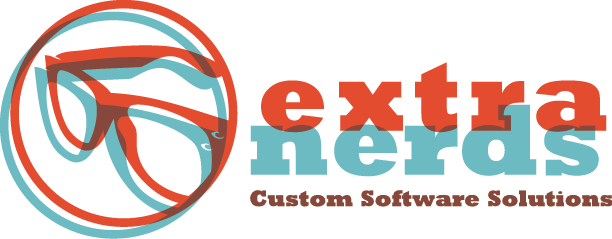One of the first decisions for every development project team is the ideal methodology to be employed in order to provide the desired result for the particular situation. This can often lead to debate.
Let’s back up for a second though to clarify what we mean by development methodology. It is essentially the process of organizing the work for a software development project. It does not necessarily involve the style of project management or a particular technical approach, but often these are interconnected.
So, back to our debate. Waterfall and Agile are the two popular frameworks often part of these discussions. Both are mature, usable methodologies, but Waterfall can best be termed a traditional approach, whereas Agile is a more specific type of Rapid Application Development (RAD), often implemented using Scrum. Scrum itself is a simple framework for team collaboration, providing an effective management and control structure for complex projects and reducing complexity, allowing the focus to be on building the software to meet client needs. And, actually, Agilists don’t call it a methodology, but more of a movement.
The Waterfall methodology uses a sequential design process and its workflow is much like manufacturing and construction processes. It has eight stages, each of which has to be satisfactorily completed before moving to the next. This means that once the developers have completed one stage, there is no going back! If problems arise, the only escape is ditching the entire project and starting anew. So, there really isn’t room for errors or change meaning that the project plan must be detailed, extensive, and carefully followed from the start in order to reach the desired outcome. There is stress on meticulous record keeping which does allow for the ability to make improvements in future if done properly.
In response to such a rigid framework and the perceived failure of the dominant software development project management paradigms like Waterfall, the so-called Agile Manifesto placed the emphasis more on collaboration and communication, team organization, and the flexibility to adapt. Agile software development relies on an iterative and incremental and adaptive approach. The methodology is open to the changing and encourages feedback from the end users of the product so that it also encourages accountability and consistent communication. Cross-functional teams will be able to work on iterations of a product within a specific range of time, ensuring that the end product is organized and prioritized on the basis of the customers or the business in general. Ultimately, with Agile methodologies, developers and clients work together in order to align the product with the goals and requirements.
So what makes Agile software development superior to Waterfall in our humble opinion? The concept of teamwork is often considered a powerful tool in the achievement of the goals for almost any organization. Extra Nerds, for example, works within a team paradigm and it is extremely effective. The team will vary, based on the project. The Agile movement creates a better platform on which decisions can be made by all parties at the table. It sources the efforts of both the developers and the stakeholders and combines them to form a unit that works for the greater good. Man is to err, and Waterfall methodologies make it really difficult to mend any broken bridges in software development. In contrast, Agile frameworks allow a window for changes, making it much easier to roll with the punches so to speak in the makeup of the system and to reduce redundancy. Still, we are very flexible and some folks still prefer the rigidity of Waterfall et al. Regardless, the choice or recommendation of the software development methodology will be heavily weighted on the nature of the project. Once everyone has a clear analysis of the project, choosing the ideal framework shouldn’t be difficult.
Of course, this is just a basic overview, but there are many resources out there to learn more about Agile. You can also check out Extra Nerds to see what we can do for you and how we can manage your next project using any methodology - or movement - you want!
Check back next month when we go more in depth about the core concepts of Agile, including Scrum.

